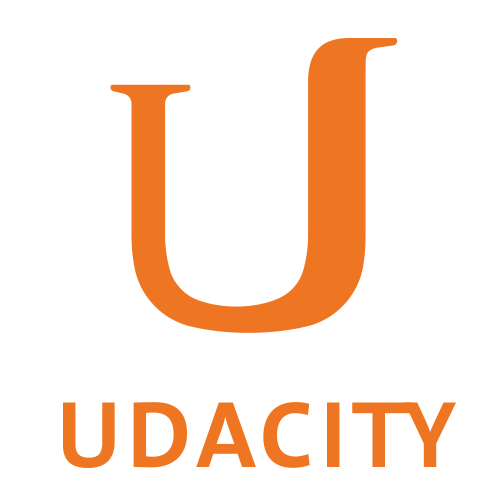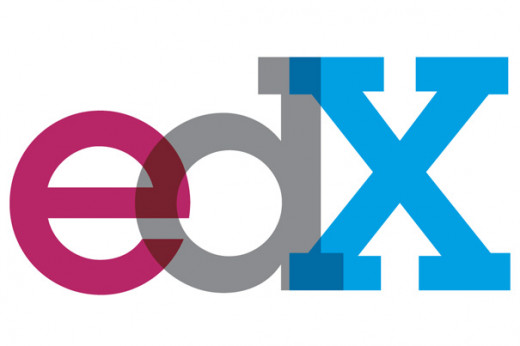Obtain Education with a MOOC: An Overview of Udacity, Coursera, and edX
The State of Online Learning
With the advent of cloud computing, social networking and a more robust online ecosystem, web-based training services have become increasingly more popular as a way to learn computing principles. The ability to communicate ideas through real-time collaboration and high quality content has unleashed a wide variety of services that anyone can use.
Also known as Massive Online Open Course (MOOC), university based online courses offer a great opportunity for those wanted to expand their abilities with high-quality education.
Because online training services generally cater to a more technologically savvy crowd it's not surprise that most of the courses are based in the science, engineering, and computing subjects. I have found these services to be incredibly helpful in not only learning the basics but also advanced computing subjects.
The online training sites mentioned in this post have their roots in the university and college systems. We're not just talking any universities or colleges either - with these site you can enroll or participate in pre-recorded versions of actually classes from places like Stanford, MIT, Princeton, University of Michigan, and Penn. The great part is that you get can enroll in them for free also!
The sections below describe three of the more popular MOOCs that are on the market today.

MOOC #1 - Udacity
sI first heard about Udacity when I saw one of its founders, Stanford professor and Google Fellow, Sebastian Thrun being interviewed by Charlie Rose. (see the interview here). Udacity has several courses right now and the course list continues to grow. Almost all of the courses are based in the sciences or computer science subjects.
An example course is the CS 101 - Introduction to Computer Science course. It teaches basic programming skills in the Python language and is also useful as a refresher in programming. The courses are mainly video based with homework and short quizzes throughout the course.
Of all the major MOOCs, Udacity probably offers the least variety and lowest number of overall courses, but what they do offer is generally of high quality.
Check out a full list of their courses here.

MOOC #2 - Coursera
I am currently enrolled in my first course at Coursera and really like the way it is set up. Cousera is continuing to expand their course list at a fast rate. It is similar to Udacity in that it offers several computer science and mathematics related courses, but in addition, it also offers some courses in social sciences, business, and healthcare.
A full list of their courses can be found here.

MOOC #3 - edX
MIT Courseware has been offering free materials from several disciplines for many years now through their pioneering OpenCourseware initiative. I have used MIT Courseware for several courses and was happy with the quality and quantity of content. They offer course materials for several categories of courses including engineering, computer science, business, and humanities.
Even though the MIT Courseware site has good content, I think it feels a little bit outdated with the self-directed nature of their website. It began in 2002 and it feels like a 10-year old webpage. As a result of this, (as well as not to be outdone by their friends and Stanford, Penn, and Princeton), MIT, in partnership with Harvard University has recently announced their new edX platform.
Course offerings at edX are similar to that of Udacity and Coursera. You can read more about edX in a press release which can be found here and visit the edX website.
Overall, I wouldn't be surprised to see edX offer a similar learning environment to the other services mentioned above.
In Summary
Overall, I think MOOCs will continue to evolve and become an integral tool for individuals seeking life-long learning. Since MOOCs represent a new method for delivering education, some courses are better than others, but since most are free, there is little investment except your time to try them out.
If anyone has taken a course from a MOOC, please post in the comment section below and answer the poll question.







